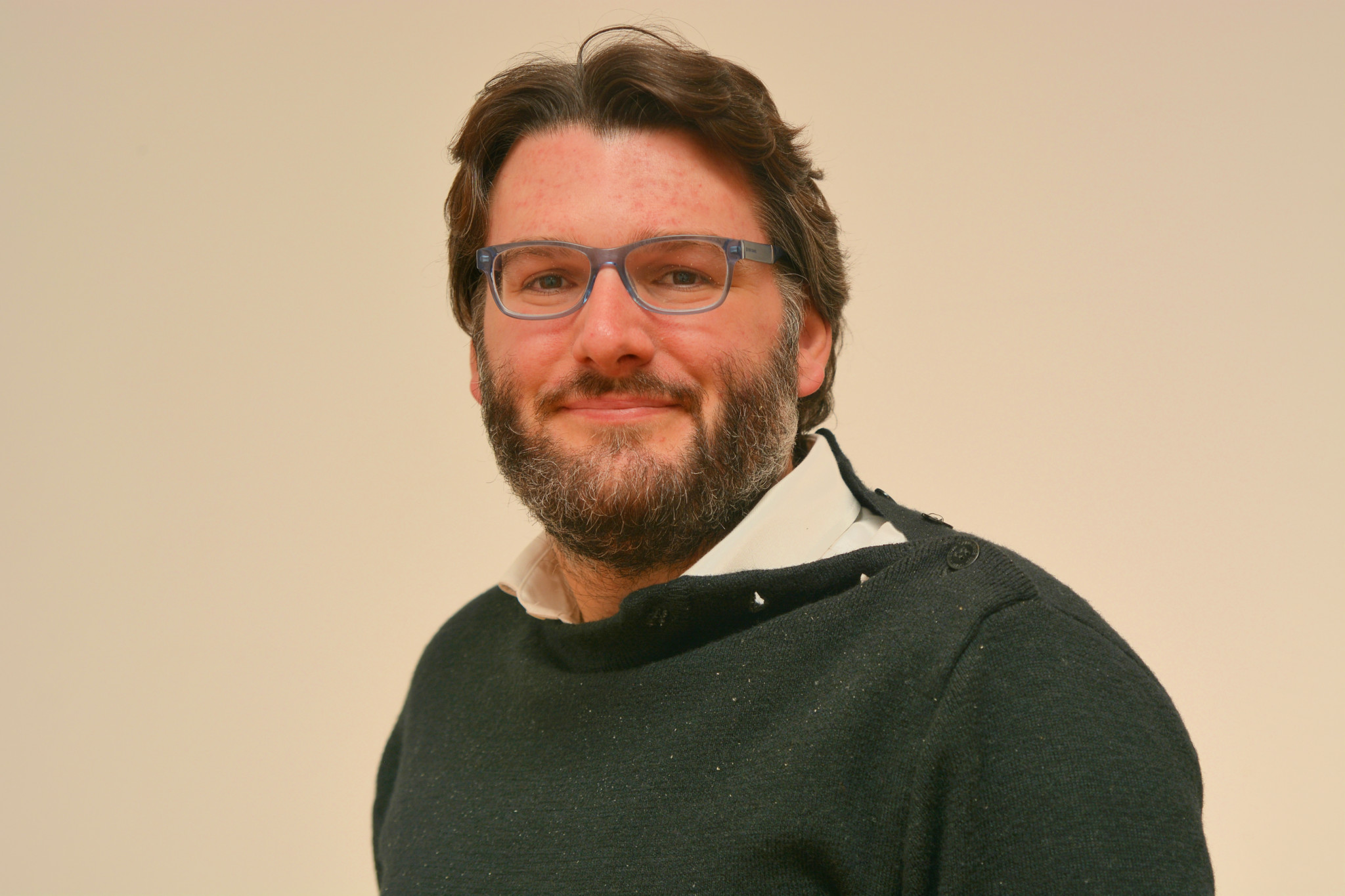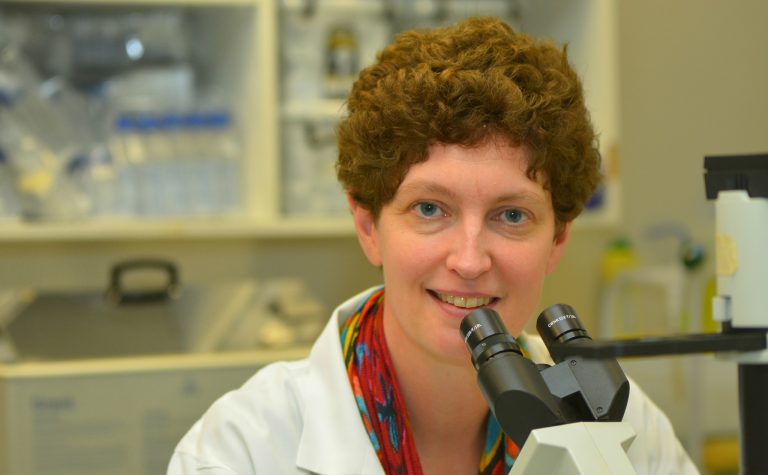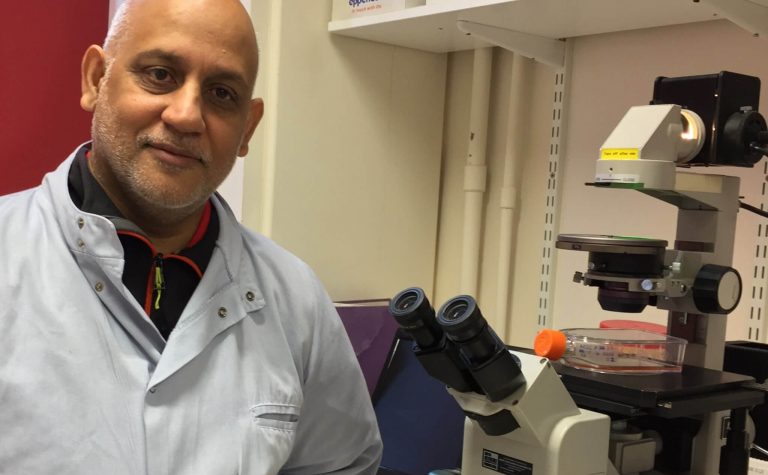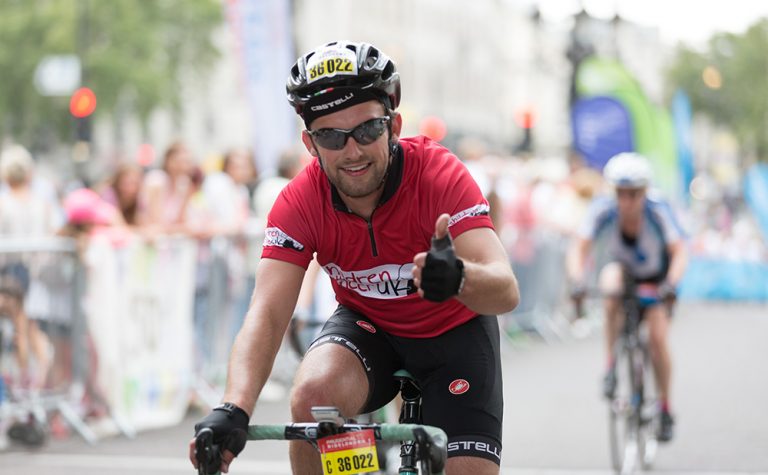About the Research Team
Dr Yann Jamin has spent 10 years researching new ways of using MRI and looking at MRI biomarkers in cancer models. He works in the Preclinical Imaging Team, led by Dr Simon Robinson, in the Cancer Research UK Centre for Cancer Imaging. He’ll work closely with Dr Louis Chesler, who aims to develop new, targeted ways of treating high-risk neuroblastoma, and the ICR and Royal Marsden Paediatric Drug Development Unit, led by Professor Andrew Pearson. He’ll also work with pioneers of the MRI techniques that he hopes can treat children, including Dr Simon Walker-Samuel from University College London, Dr James O’Connor from the University of Manchester and Professor Ralph Sinkus from King’s College London. Dr Yann Jamin: “Five years ago, through collaborations with Dr Louis Chesler and Professor Andy Pearson, both world-leading experts in neuroblastoma, I was introduced to the fascinating biology of neuroblastoma but also the sad clinical reality for children with this disease. This is when I decided to dedicate my research to children with cancer. This is exactly what the Paul O’Gorman post-doctoral research fellowship will enable me to do.”


